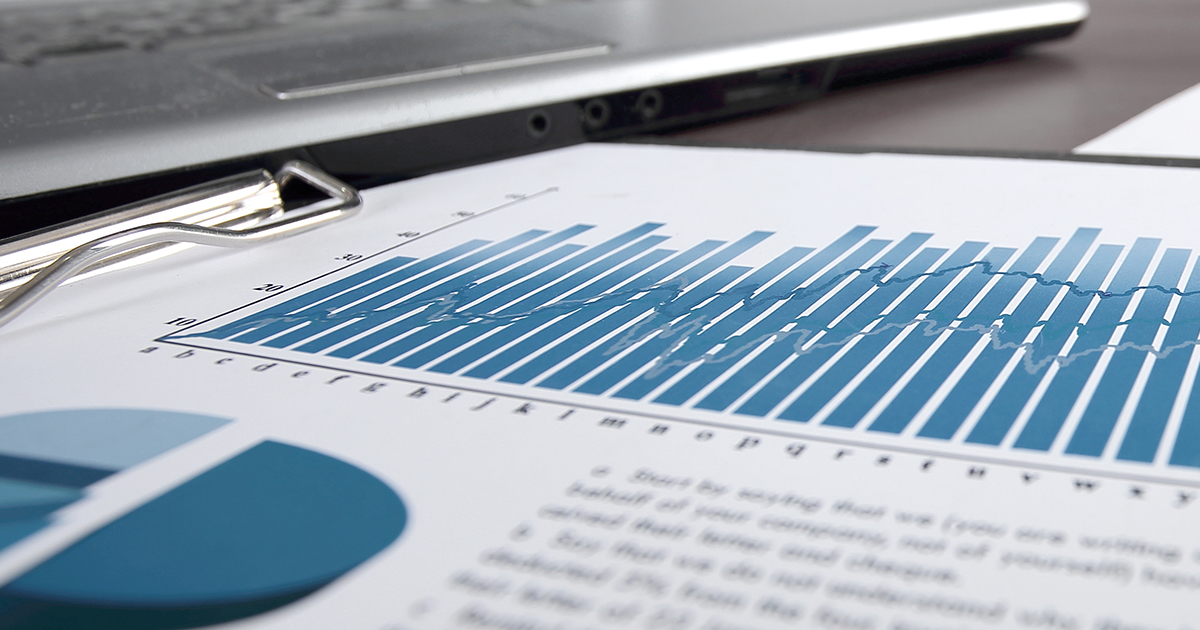
Traditional data sources couldn’t capture the whole economic picture during the COVID-19 pandemic, leading some to look to less-analyzed data sources – OpenTable reservations, TSA screenings, weekly credit-card transactions.
Maryland Smith’s Michael Faulkender, speaking recently to the Economist, discussed those new data sources and their new prevalence.
“The traditional government statistics weren’t really all that helpful – by the time they came out, the data were stale,” said Faulkender, the dean’s professor of finance at the University of Maryland’s Robert H. Smith School of Business. National statistics often are published with significant lag times – weeks, months, even years. Official local economic data tend to be uneven, and often do a poor job of assessing the housing market and consumer spending.
Faulkender, who was an assistant treasury secretary in Washington at the start of the pandemic and who authored a report on the economic impact of the Paycheck Protection Program, said the fiscal support for restaurants that was included in America’s stimulus was influenced by a weak recovery in the industry seen in the OpenTable data.
On Nov. 17, Faulkender will participate in a panel discussion, titled “Fiscal and Monetary Responses and Financial Stability,” hosted by the Federal Reserve Bank of Cleveland.
Read more in The Economist: Enter third-wave economics: How the pandemic reshaped the dismal science.
Media Contact
Greg Muraski
Media Relations Manager
301-405-5283
301-892-0973 Mobile
gmuraski@umd.edu
Get Smith Brain Trust Delivered To Your Inbox Every Week
Business moves fast in the 21st century. Stay one step ahead with bite-sized business insights from the Smith School's world-class faculty.